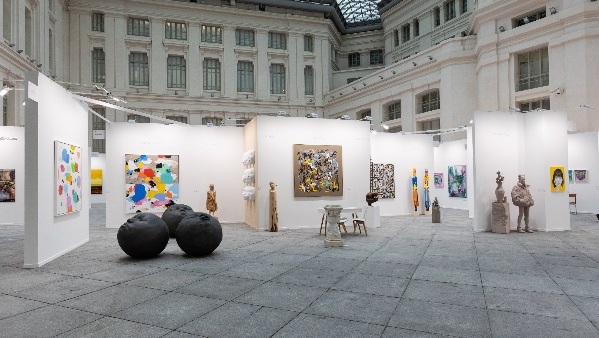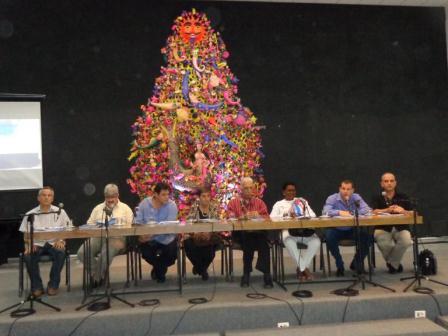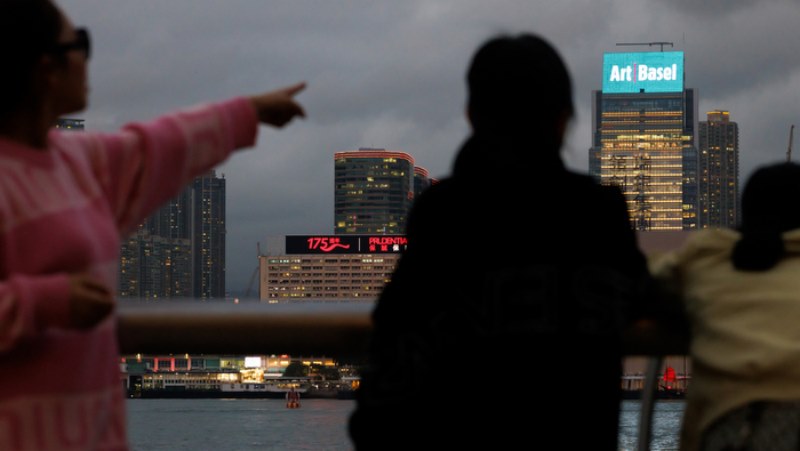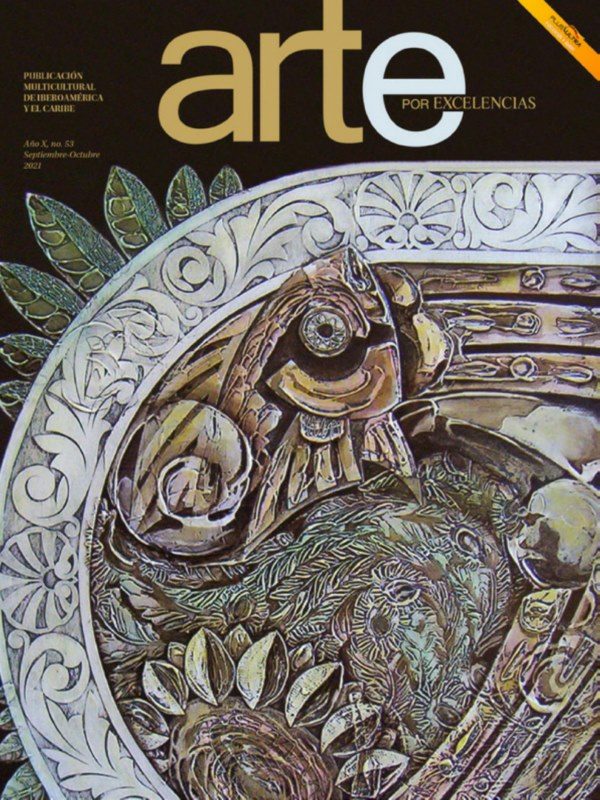By Susana Méndez
As in every edition, the International Book Fair Cuba 2016 to be held in Havana from February 11 to 21 will have, along with its literary central program, a set of actions associated with all art expressions, among which stand out presentations by the Eastern Republic of Uruguay, honorary guest country at the event.
Daniel Machin, representative of the Ministry of Education and Culture in Uruguay, announced at a press conference held at Casa de las Americas cultural center the composition of the artistic delegation from his country that will participate in the Book Fair and the presentations to be held in the Fortress and in other locations in the Cuban capital city.
“We will try to show the Cuban people what is going on in the different cultural areas of the country”, he declared.
He drew attention about the quality of the artists of the Uruguayan delegation, including prestigious musicians “that will bring their tangos, milongas and waltzes,” like Fernando Cabrera, Malena Muyala, Daniel “Tatita” Marquez, Gustavo Montemurro, Cristina Vanegas and Daniel Viglietti, who will perform a special concert on February 18 at night dedicated to Mario Benedetti at Casa de las Americas’ Che Guevara Hall.
A film festival will be another of the most attractive alternatives of this program; it will be exhibited at Multicine Infanta from February16 and it will include the selection of films produced in the last decade with issues associated with literature.
The films are La demora (2012), by filmmaker Rodrigo Pla, starring actress Roxana Blanco, who will present it as the first of this cycle. There will be also Miss Tacuarembó (2010), by Martin Sastre; El padre de Gardel (2013), by Ricardo Casas; Mal día para pescar (2009), by Alvaro Brechner; and the 78-minute documentary Jamás leí a Onetti (2009), by Pablo Dotta, a tribute to Uruguayan writer Juan Carlos Onetti.
Machin also explained that in terms of theater, the Cuban public will enjoy at Raquel Revuelta Room, three pieces by notable Uruguayan authors: the monologues Zapatos andaluces, by Maria Dodera, and Nuremberg, by Santiago Sanguinetti. There will be also Ostia, by Sergio Blanco, as well as Kassandra at Café Cantante Mi Habana.
Zuleika Romay, president of the Cuban Book Institute, and director of the Program of Studies on Afro-America—recently founded by the Casa de las Americas—gave a lucid presentation on the International Seminar “130 years of the abolition of slavery in Cuba”, to be held in this institution from February 15 to17, and to be considered one of the most significant actions of this 25th International Book Fair.
“We decided to organize an event commemorating the 130th anniversary of the abolition of slavery in Cuba, which is not exactly a stop in the way to look back, but a pause to reflect on the influence of that past in our present, and essentially on what are the footprints and dysfunctions our people should try to clear in the future”, he said.
She also explained that some Latin American historians “rightly say that our societies are still immersed in a long period of the abolition of slavery, and it is so because the consequences and the cultural and psychological scars of that regime have not yet gone from anywhere in the Americas, not even in Cuba where we have done so much to reclaim the descendants of the African diaspora”.
Romay announced the event will include the participation of specialists from different disciplines to reflect on the meaning of the abolition of slavery from the economic, political and social viewpoint, as well as the consequences of the slave system”, said the Casa de las Américas Award winner. These intellectuals will come from countries like Colombia, Brazil, Spain, United Kingdom, Nigeria and the United States, and it is expected the incorporation of a Puerto Rican researcher, who will share their experiences, studies and criteria with the Cuban intellectuals.
Source: Cubarte
Related Publications

Art Palm Beach 2026 Announces Exhibitor Roster and Featured Exhibitions
December 26, 2025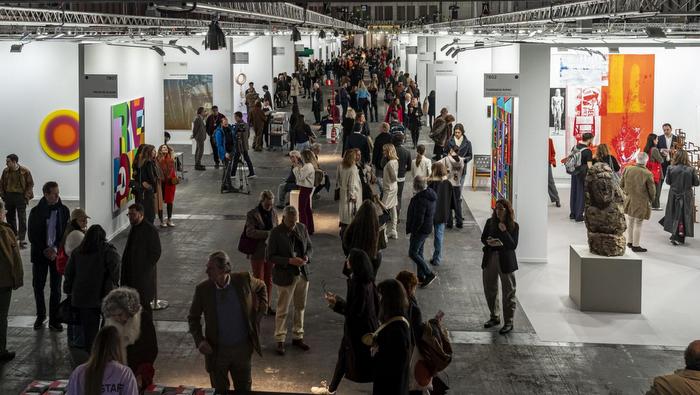
ARCOmadrid announces the participating galleries in its 45th edition
December 19, 2025